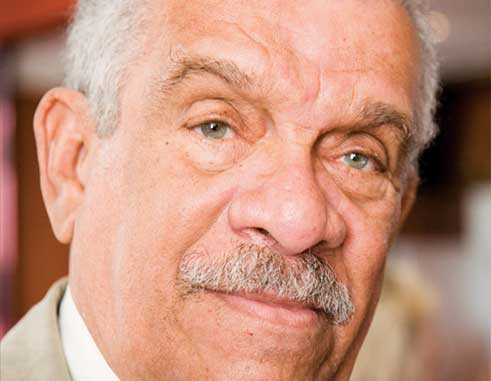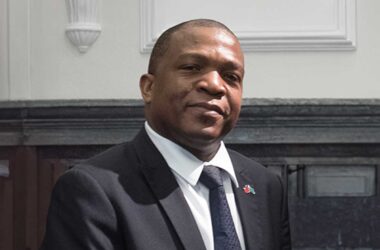AS Saint Lucia prepares to observe its 38th anniversary of Independence on February 22, repeated calls are being sent out from various corners for citizens to reflect, regroup, refocus and recommit themselves towards a stronger, safer and prosperous nation. But there is a growing cross-section that believes there is nothing to be proud about.
The sterling examples of the island’s success over the past four decades are being cited as reasons why Saint Lucians should still be a proud people today as they were back when even attaining Independence from Britain was a struggle in itself. But many are not convinced.
The achievements of our two Nobel Laureates – Sirs Arthur Lewis and Derek Walcott – and other such as high jump queen Levern Spencer, international cricketer Daren Sammy, to name a few, have often been cited as reasons why citizens should still believe in the homeland despite crime, a breakdown in the social fabric and a bleak economic picture seemingly becoming national pastimes.
With the Saint Lucia flag, designed by Sir Dunstan St. Omer for the island’s attainment on statehood in 1967 celebrating its 50th anniversary in March, Saint Lucians have even more to be proud about, if that patriotism that is usually boasted about means anything much these days.
Quite often, the mantra on many people’s part is that there is virtually nothing available these days for Saint Lucians to be proud about. But with even the world’s greatest superpower, the United States, putting stricter controls on its borders to keep “others” out, one must ask the question: Is this not an opportune time for Saint Lucians to take a hint and start closing ranks in their homeland?
There is virtually no country in the world that has not gone through some period of austerity, including the United States, which as recently as the early 2000s boasted budget surpluses. Today, that country’s federal debt stands at US$19.9 trillion! While Saint Lucia’s national debt is estimated at $2.9 billion, a heavy burden notwithstanding, the collective asset value of our people should not be discounted.
However, there must be some national consciousness as to what pride entails. Pride must not redound to simply just how much one loves the flag, carnival or JounenKwéyòl. National pride goes beyond that whereby people understand their places in society and what their responsibilities are to their country, including working towards their personal – and national development.
With economists already determining that productivity levels for Saint Lucia have been on the decline since 2010, it might seem too much a task to ask citizens to buckle up and become more productive. While other societies might view beefing up productivity as a more strategic approach to growing an economy, such an approach is often jeered at here and often likened to slavery.
While pride is not something that can necessarily be taught, it should be incumbent on all citizens to want better for themselves and their country. So if citizens find it difficult to identify a single thing about their country that makes them proud, then it says much about how very little they feel about themselves.













